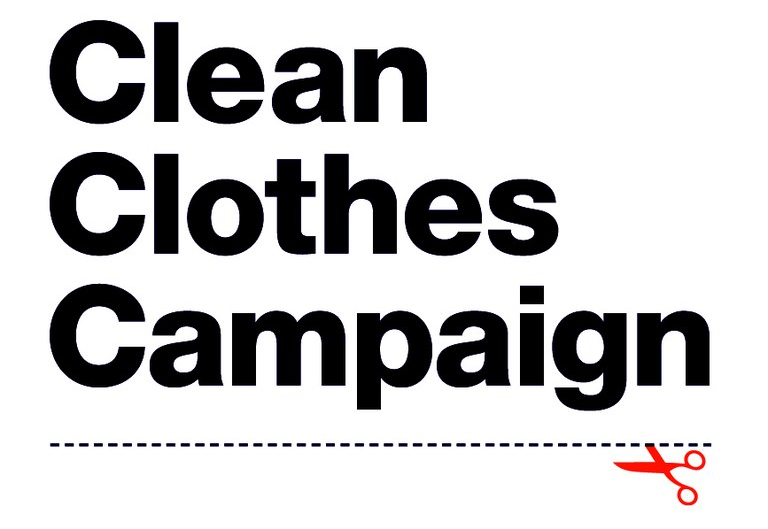Bangladesh formula crosses borders to Cambodia
In May 2013 the Wing Star Shoe factory, located in Kampong Speu province, west of the capital Phnom Penh collapsed. Two people died and 29 people were injured. The Clean Clothes Campaign contacted the main buyer, sportswear brand ASICS and worked together with the Worker Rights Consortium, Solidarity Center and the Community Legal Education Center to reach agreement on the compensation.
The Cambodian Wing Star shoe factory collapsed only weeks after the Rana Plaza collapse in Bangladesh, where 1,138 people died.
Throughout the process of ensuring compensation for affected families, the Clean Clothes Campaign was in close contact with sportswear brand ASICS, together with the Worker Rights Consortium (WRC), Solidarity Center and the Community Legal Education Center (CLEC).
Bangladeshi formula used in Cambodia
After an agreement had been reached, witnessed by the ILO, compensation was paid to the families of the deceased and injured workers. The Cambodian compensation was calculated according to the Bangladeshi formula, which takes into account pain and suffering and future earnings for 25 years, using modified inflation figures. This formula had been previously developed in Bangladesh following several serious accidents including factory fires and collapses. These included the collapse of the Spectrum factory in 2005, the fire in the Hameem factory in 2010 and the Tazreen fire in 2012.
The Wing Star case is the first time the formula has been used outside of Bangladesh. Injured workers received compensation, had their medical costs covered, and were re-employed by Wing Star after their recovery. However the National Social Security Fund failed to pay out to one of the victims.
Read more about what is happening in Cambodia in the Spotlight page presenting interviews with workers and activists, video's and an interactive timeline about last year's events.
See also:

